What is the difference between 201 stainless steel and 304 stainless steel?
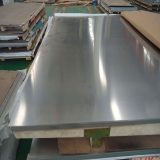 What is the difference between 201 st...
What is the difference between 201 st...Bronium copper is a good alloy in mechanics, physics, and chemical comprehensively, with high conductivity, thermal conductivity, cold resistance and non-magnetic.
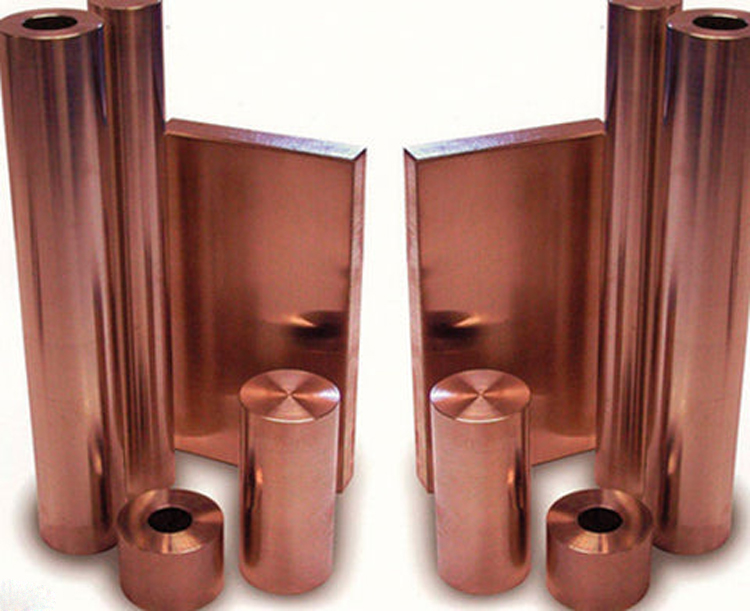
Bronium copper is also known as bronze, is the "king of elasticity" in the copper alloy. After the heat treatment, the high-strength, high-conductivity product can be obtained. High-strength cast beryllium bronze alloy, not only high strength, high hardness but also wear-resistant, corrosion resistance, excellent casting performance, isometric steel alloy is suitable for manufacturing a variety of molds, explosion-proof safety tools, wear resistance Such as cams, gears, worm gear, bearings, etc. Highly conductive casting beryllium copper alloy, has a high conductivity and thermal conductivity after heat treatment, and the copper alloy is suitable for manufacturing switch parts, strong contact and similar carrier elements, making electrical resistant splice, electrode materials and plastic molds. , Hydraulic coils, crystallizers, etc.
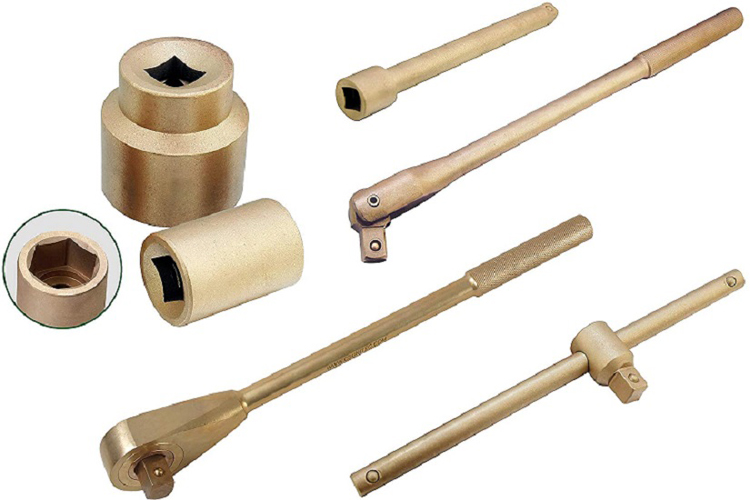
There are processed beryllium bronze and cast beryllium bronze.
Commonly used cast beryllium bronze has Cu-2be-0.5 Co-0.3 Si, Cu-2.6be-0.5 CO-0.3Si, Cu-0.5be-2.5CO, etc. The amount of steel-containing tantramide is controlled below 2%, and the domestic beryllium copper is added to 0.3% nickel, or 0.3% cobalt.
Commonly used processing beryllium bronze: Cu-2be-0.3ni, Cu-1.9Be-0.3ni-0.2Ti, etc. Bryium bronze is a heat treatment and enhancement alloy.
Processing beryllium bronze is mainly used as a variety of advanced elastic components, especially the requirements for good conductivity, corrosion resistance, wear resistance, cold-resistant, non-magnetically used as a membrane box, diaphragm, bellows, micro switch. Wait.
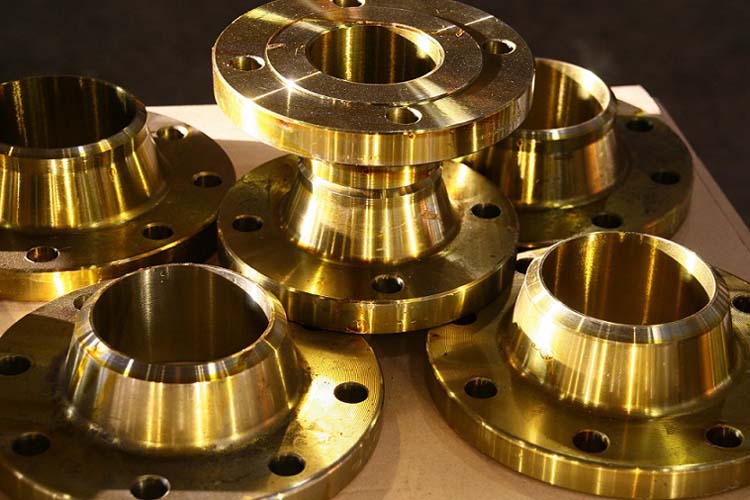
Casting beryllium bronze is used in explosion-proof tools, various molds, bearings, shafts, bushing, gears, and various electrodes.
Oxide and dust of beryllium should pay attention to protection against human body, production and use.
Bronium copper is a good alloy in mechanics, physics, and chemical comprehensively. After quenching, it has high strength, elasticity, wear resistance, fatigue resistance and heat resistance, and is also high-conducting. Sexuality, thermal conductivity, cold resistance and non-magnetic, no sparks during hit, easy to weld and brazed, is extremely corrosion resistance in atmospheric, freshwater and sea water. The corrosion resistance of the beryllium copper alloy in the sea: (1.1-1.4) × 10-2 mm / year. Corrosion depth: (10.9-13.8) × 10-3mm / year. After corrosion, the strength and elongation have no change, so it can be maintained in the sea water for more than 40 years, which is an irreplaceable material of the seabed cable repeater structure. In the sulfuric acid medium: in sulfuric acid (room temperature) in sulfuric acid (room temperature), the concentration is greater than 80%, and the corrosion is slightly accelerated.
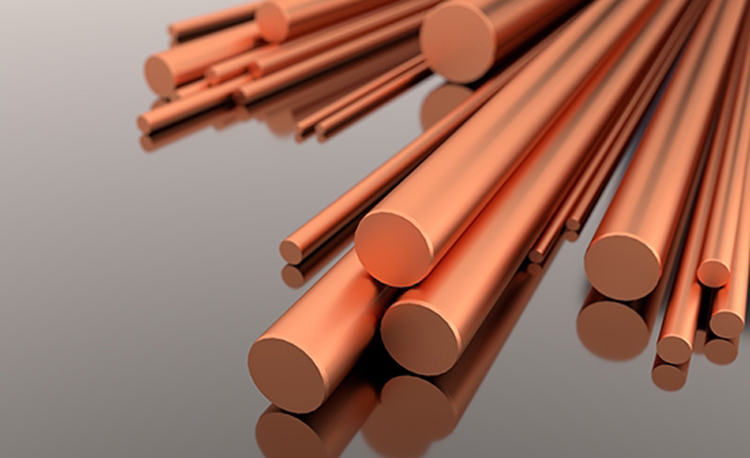
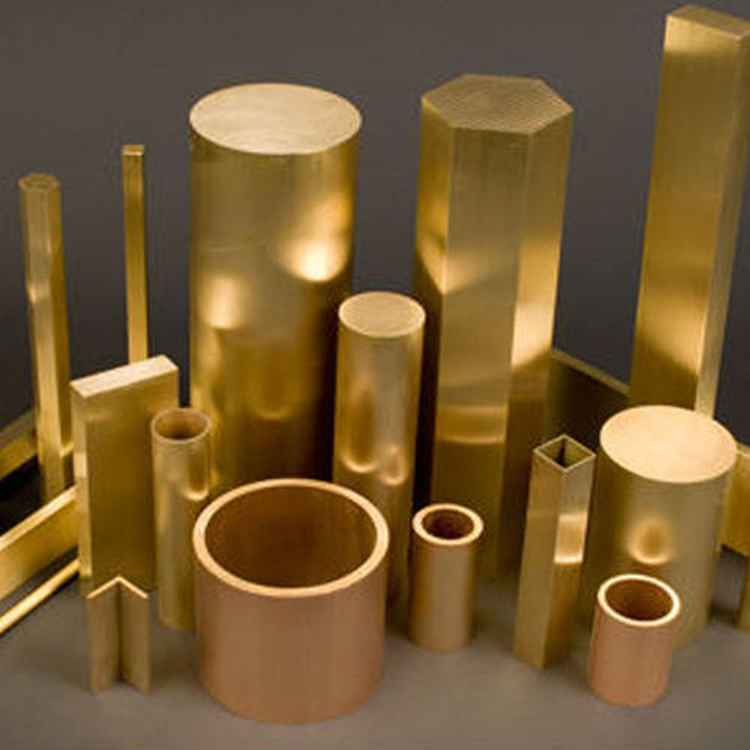
Bronium copper is a copper alloy having strength, conductivity, processability, fatigue characteristics, heat resistance, and corrosion resistance. Widely used in electronic components such as connectors, switches, relays. NGK copper has a variety of different specifications of alloys available to provide strip, sheets, bars, and wires.
When the effect is hardenated by aging, the tensile strength can reach 1500 N / mm2, so it can be used as a high-strength elastic material capable of withstanding higher bending stress.
"Time effect" before aging sclerosis can perform complex forming processing. There is no need to process the hardening material B mode in the factory in which the heat treated plant is required, and the S mode is a material that balances excellent in strength and formability.
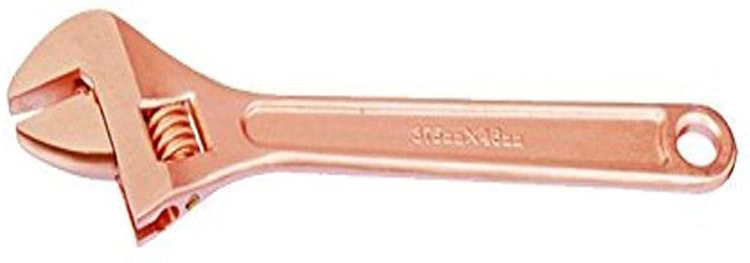
According to different alloys, specifications, the conductivity can be reached between 20 to 70% of% IACS (international annealing copper standard) range. Therefore, it can be used as a highly conductive elastic material.
Since there is excellent introspectability (high cycle), it is widely used in components that are widely used in long life requirements and high-reliability requirements.
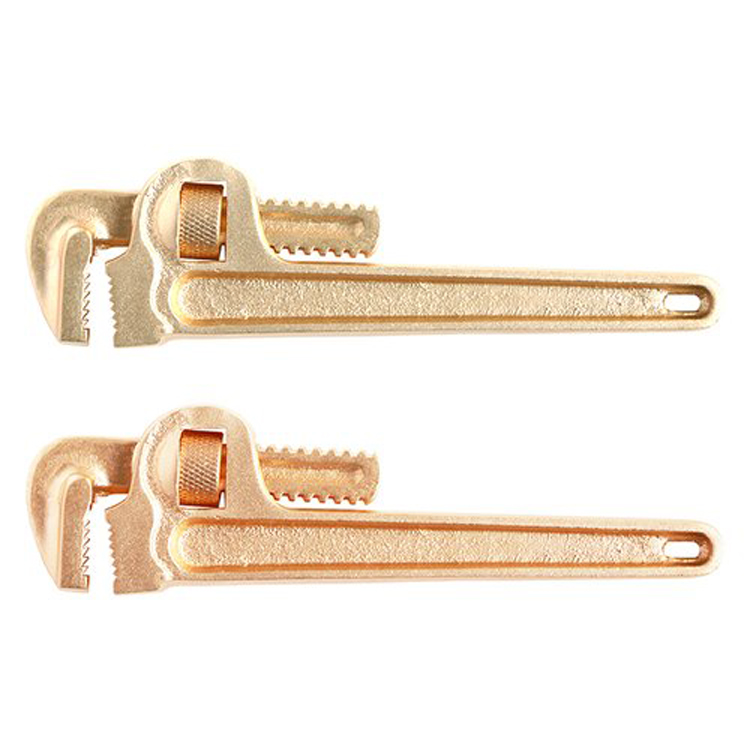
Since the stress remarging rate is still small in the high temperature environment, it can be used within the large temperature range.
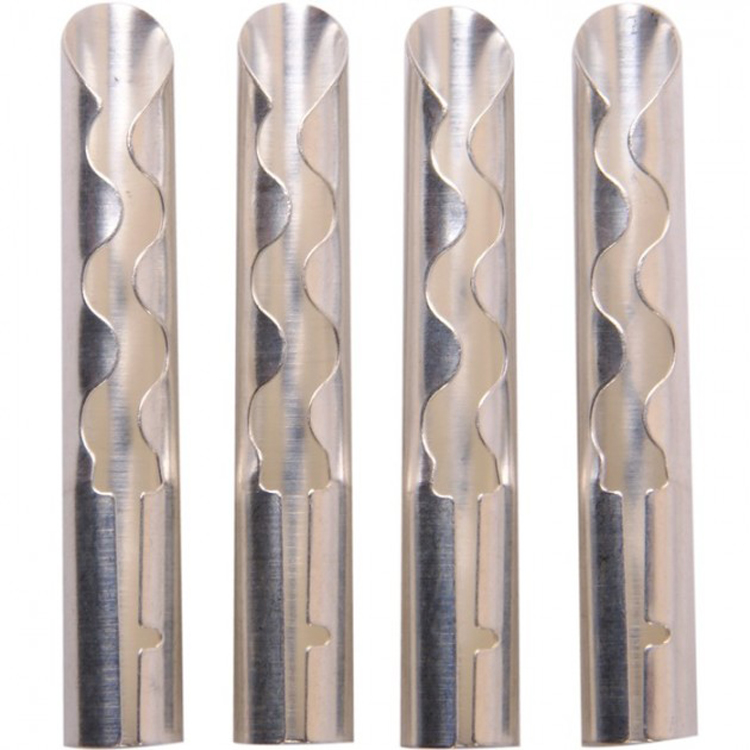
Compared to copper alloy such as ocean copper, beryllium copper has better corrosion resistance. A copper alloy material whose corrosion changes is almost unreported.
chemical composition
| Alloy name(NKG) | chemical composition(wt%) | main feature | shape | |
| 25 | Be | 1.80-2.00 | high strength | plate﹒belt |
| Ni+Co | 0.20min. | Fatigue | Bar﹒Line | |
| Ni+Co+Fe | 0.6max. | Highly conductivity | Forge | |
| Cu+Be+Ni+Co+Fe | 99.5min. | Abrasion resistance | ||
| Non-magnetic | ||||
| 8·11 | Be | 0.20-0.60 | Highly conductivity | |
| Ni | 1.40-2.20. | Fatigue | ||
| Cu+Be+Ni | 99.5min. | high strength | ||
| 7 | Be | 0.20-0.40 | Non-magnetic | plate﹒belt |
| Ni+Co | 1.80-2.50 | |||
| Al | 0.6max. | |||
| Cu+Be+Ni+Co+Al | 99.0min. | |||
Physical properties
| project | 25 alloy | 8·11 alloy | 7 alloy | ||
| Start melting temperature | °C | 865 | 1004 | 1050 | |
| Start solidification temperature | °C | 980 | 1070 | 1081 | |
| density | g/cm3 | at 20°C | 8.26 | 8.75 | 8.71 |
| specific heat | J/(kg·K) | at 20°C | 419 | 419 | 419 |
| Thermal expansion coefficient | /°C | at 20~300°C | 17.8x10-6 | 17.6x10-6 | 17.6x10-6 |
| Thermal conductivity | W/(m·K) | at 20°C | 83.7-130 | 167-260 | 148-194 |
| Conductivity | %IACS | at 20°C | 25 | 63·55 | 38 |
| Longitudinal modulus of elasticity | kN/mm2 | 127 | 132 | 127 | |
| Transverse elasticity coefficient | kN/mm2 | 49 | 52 | 49 | |
| Poisson's ratio | 0.3 | 0.3 | 0.3 | ||
| Magnetic permeability | µ(µ=1+4πk) | 1.000042 | 1.000031 | 1.000027 | |
Generally, the flexible material is difficult to processed.
Beryllium copper has good processability and excellent elasticity
If it is a solid product, you can make a strong elastic component close to the bend.
 What is the difference between 201 st...
What is the difference between 201 st...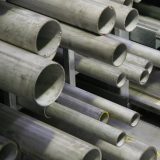 Why is 316 stainless steel better tha...
Why is 316 stainless steel better tha...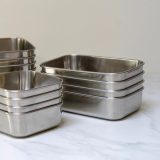 400 series stainless steel science
40...
400 series stainless steel science
40...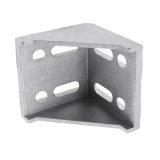 How to distinguish the processing tec...
How to distinguish the processing tec...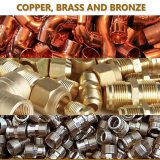 Non-standard design materials of bras...
Non-standard design materials of bras...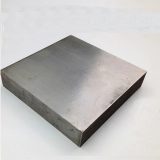 What type of titanium alloy does Tc4 ...
What type of titanium alloy does Tc4 ...